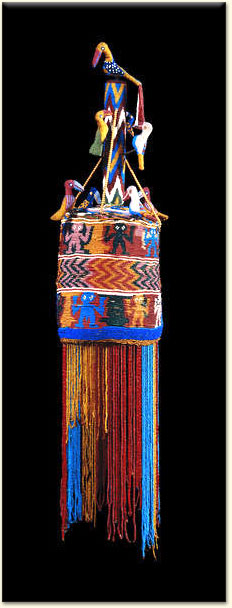Throwing A Dipole
It has never been clear to me how the waters and the winds interact. The wind blows upon the water and creates waves, but how does the ocean affect the air? I believe climate models have implied that this relationship exists, but what actions of the waters significantly impact the air?
PhysicsWorld.com
http://physicsworld.com/cws/article/news/2013/may/14/atmosphere-agitated-by-breaking-waves
Ocean waves breaking far from shore impart a greater portion of their energy to the air than they do to the surrounding water. That is the claim of scientists in Italy and Australia who are the first to model the dynamics of the air directly over breaking waves. Although it has not been verified experimentally, the result challenges the previously held belief that most of a breaking wave's energy remains in the water. If verified, the finding could have important implications for our understanding of cloud formation, climate modelling, oceanic circulation, and wave and weather forecasting...
The simulations showed that right before a wave breaks, it accelerates and its crest becomes sharp. As it breaks, the airflow on top of the wave suddenly separates from the crest and forms a vortex behind it – much like the vortices that form behind a spoon pulled through a cup of coffee. When the vortex makes contact with the water surface, it kicks up a second vortex of opposite sign, and the two tangle together in a capsule of counter-rotating air known as a dipole, and get thrown upwards into the atmosphere..
When the scientists investigated just how much of a breaker's energy is lost to this newly recognized dissipation route, they were staggered to find that up to three times more energy is transmitted to the air as is returned to the water. ... this figure relates only to particularly steep waves, but the fact of the energies being comparable in order of magnitude is noteworthy...An interesting article both for the subject and the insight into how much our knowledge is a good "guesstimate" until a good experimental scientist happens along.
--


















No comments:
Post a Comment